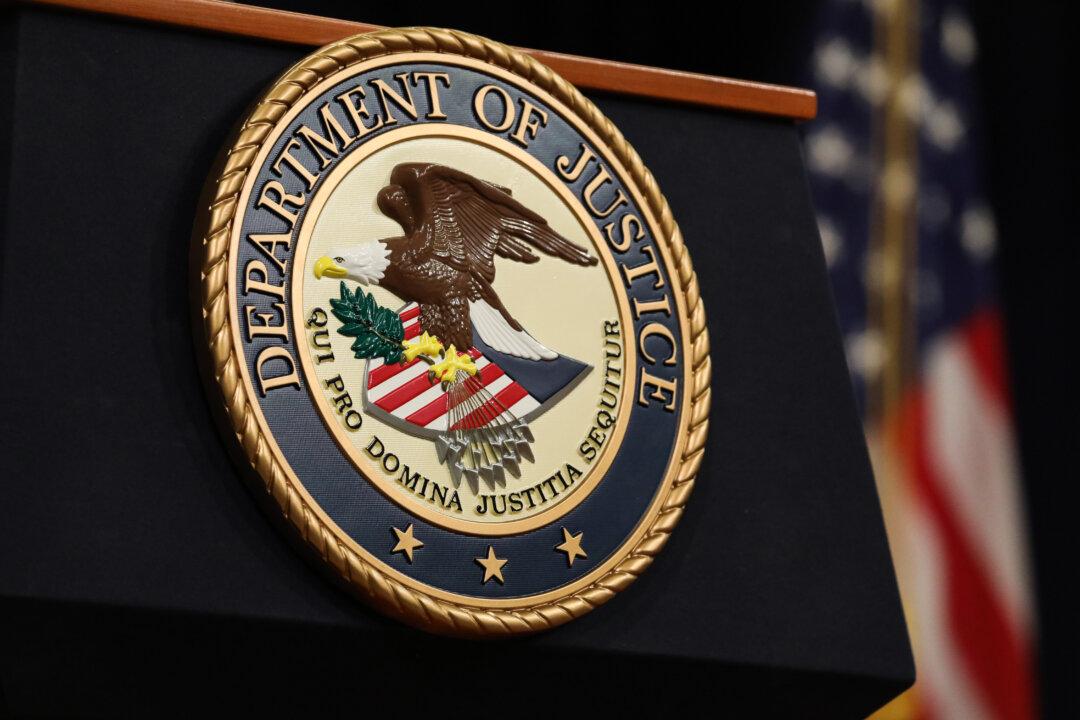News Analysis
A recent indictment of a several American socialist activists makes a strong case that they worked hand-in-glove with a Russian intelligence cutout. That doesn’t mean, however, that the charges against them will stand.

A recent indictment of a several American socialist activists makes a strong case that they worked hand-in-glove with a Russian intelligence cutout. That doesn’t mean, however, that the charges against them will stand.